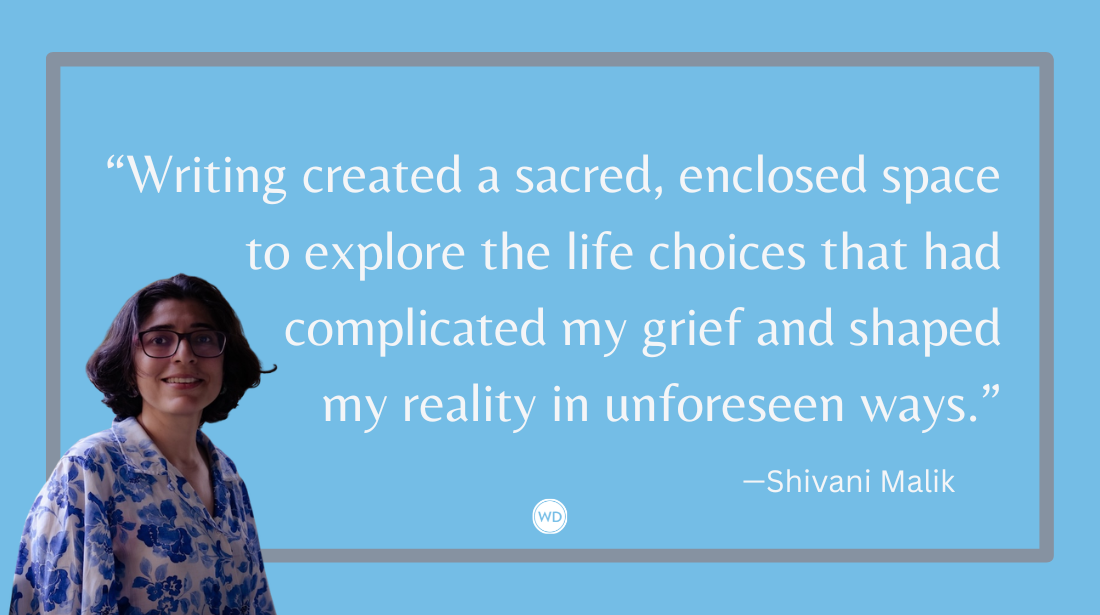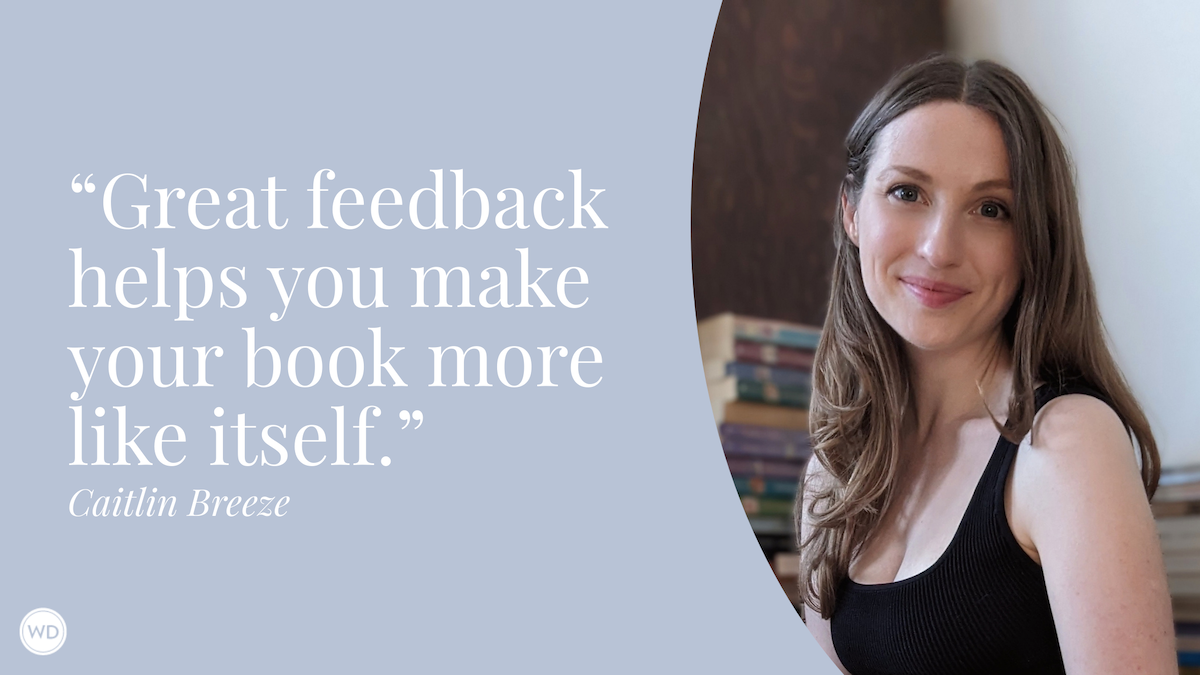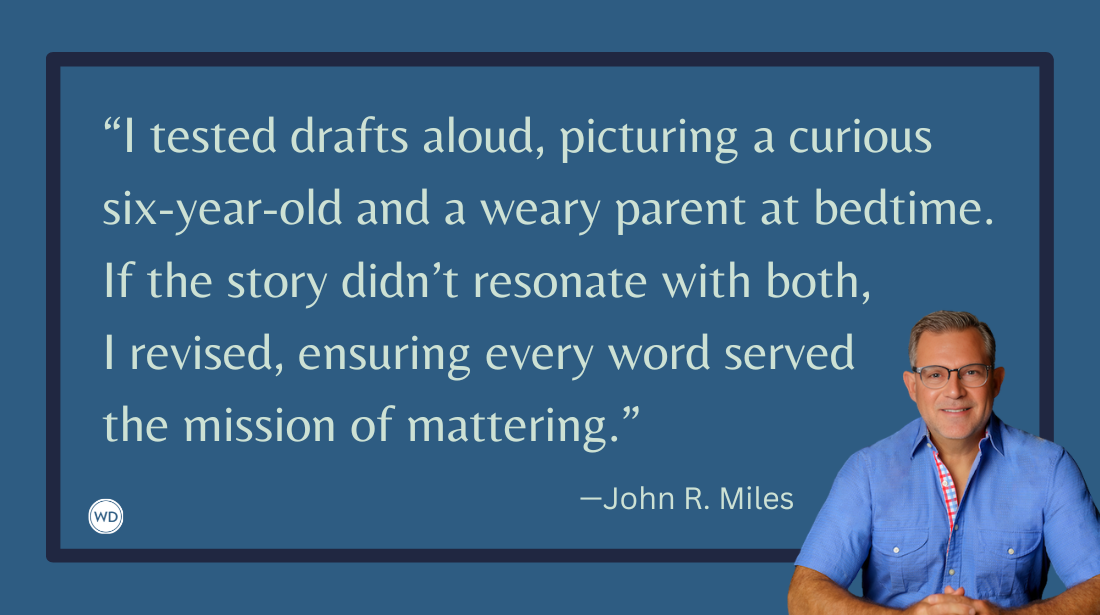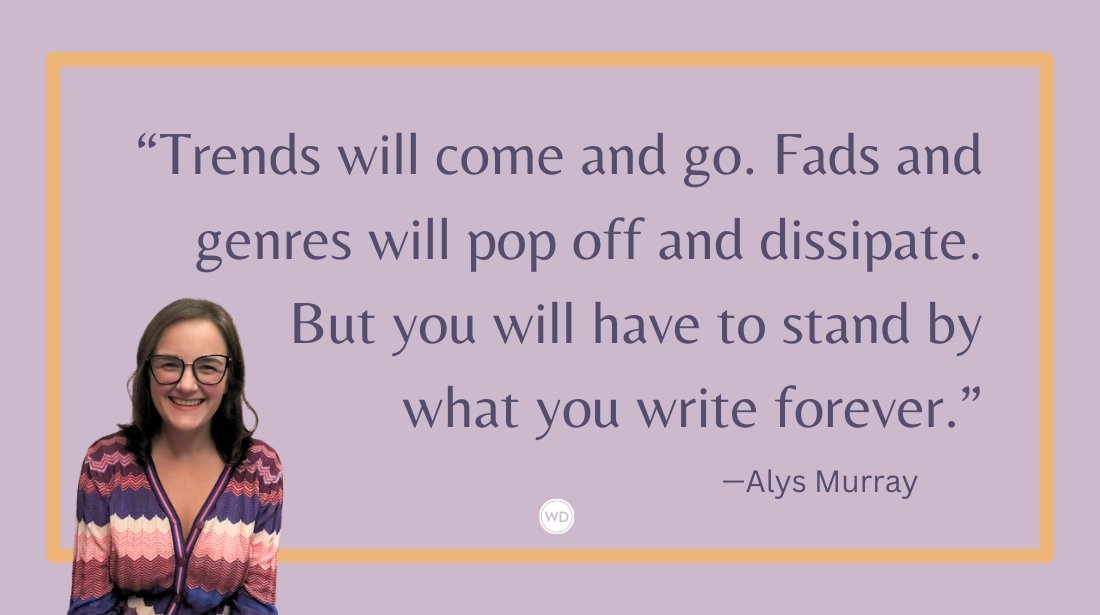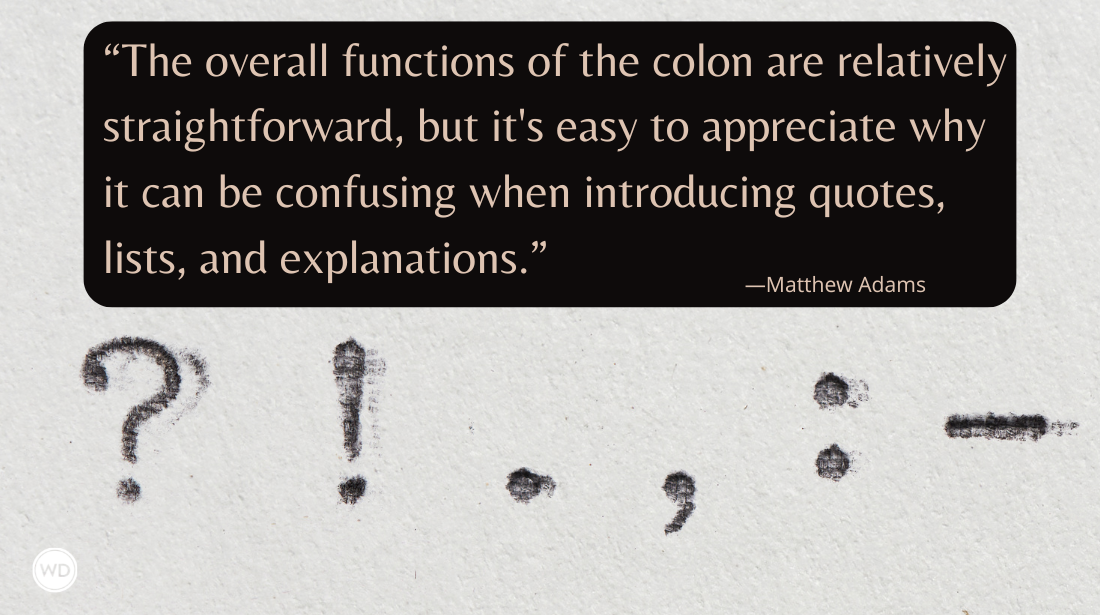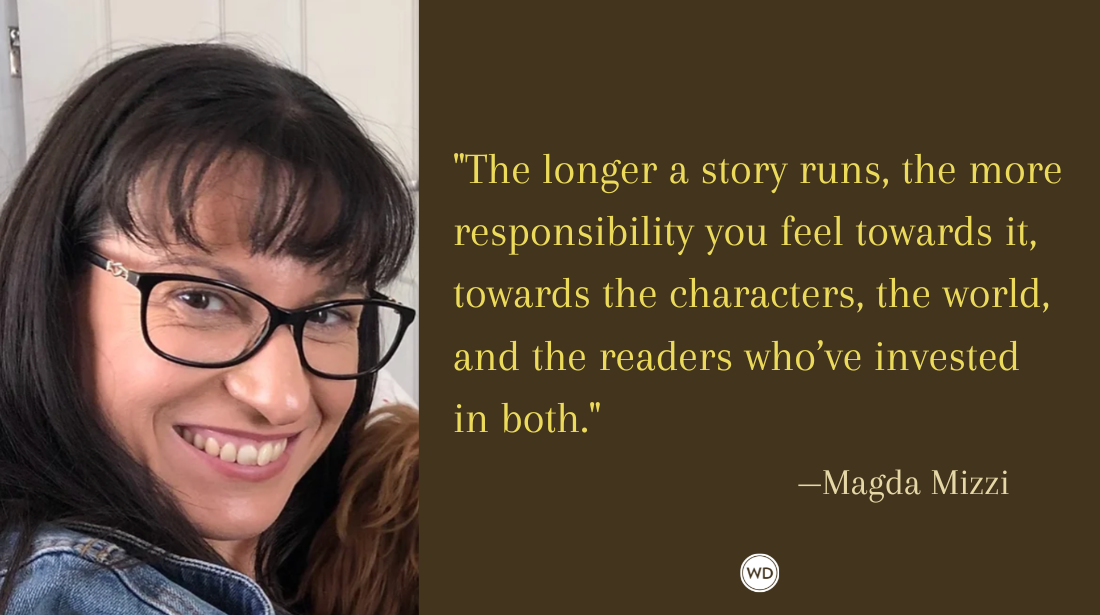5 Pros and Cons of Writing Historical Fiction
History can seem daunting when trying to weave it into your fiction. Here, author Liz Trenow shares 5 pros and cons of writing historical fiction that gets to the point.
Why do I write historical fiction? History, as taught at school, was boring. But when I discovered historical fiction, I loved the way it opened up worlds I knew little about, led me into researching eras of history, even took me traveling to find out more. When I decided to try my hand at writing a novel it was obvious that historical fiction would be my genre—and it can be yours too, so long as you are passionate about it.
Any number of websites aim to offer advice on how to write historical fiction, but they can make it sound so daunting. Had I read them when embarking on my first novel, I might have given up before I started. Trying to follow “rules” for writing feels like hard work, and a real inhibitor for the imagination. I like to keep things simple, so here are—for me—five pros and cons when writing historical fiction.
1. History is a wonderful source of inspiration but be clear about what level of authenticity you want in your novel. Is it a fictionalized (but accurate) version of a true story, or a true story with some creative license, or are you just using real events as the backdrop for your mostly fictional story?
But: You can play fast and loose with timelines of main events (you’re a novelist, not a historian) so long as you are honest with your readers. On the other hand, make sure that you look after the details, or you’ll run the danger of receiving grumpy emails from people who want to prove they know better. I once had a WWI character wearing nylon stockings (aargh) and the publisher put a WWII plane on the cover (double aargh).
2. The research! How I love delving into little-frequented corners of libraries, rummaging about in museums, slipping down rabbit holes on the internet, and discovering that someone somewhere has actually written a thesis on “female apprenticeships in the 18th century,” or “stress management in weaving parachute silk.”
But: You need to be disciplined about when to stop researching and start writing. A wise tutor told me to write all you learn from your research in a notebook, and then close the notebook when you start writing. Too much research can be the death-knell of the imagination. I once tried to base the dialogue of a character on a real-life interview from an archive recording. It may have been authentic, but it read completely flat!
3: It’s fun building a historical world for your characters to inhabit. You will inhabit it yourself after a while. You will know what they eat for breakfast, how they light a room when they enter it, what they might be reading, the sounds and smells of their lives. With a bit of luck your readers will feel immersed, too.
But: Although pinning down these kinds of lifestyle details is really important (see 1), knowing where to find them can be tricky, and very time-consuming.
4: Learn how your characters would speak, so that you can “hear them” as you write the dialogue. I watch films, YouTube videos, and listen to archive recordings. I also steal ideas from other authors I admire writing in the same period and/or region.
But: Resist trying to be too authentic and avoid getting bogged down by writing too closely in dialogue and dialect. Some writers can get away with it (think James Joyce’s Finnegans Wake or Irvine Welsh’s Trainspotting), but not many. Most of the time it just makes a book impossible to read. Just give hints of the accent, using occasional dialect words and phrases to reinforce the historical setting.
5: History is long and wide—there so many untold stories out there. As a former journalist I love to find untrodden territory (my latest is about the Bevin Boys, conscripts sent down coal mines during the Second World War—I don’t believe anyone has ever covered this in fiction before).
But: Not all eras have the same appeal for readers. In the same way, commercial historical fiction follows definite trends, and these can become a straitjacket. Currently the Second World War is a top seller, particularly if set in a concentration camp (I find this fascination somewhat uncomfortable). Other eras are not so popular, apparently, unless you are a genius “brand author” like Hilary Mantel, when you can write in any period you fancy. My editor recently told me that the Victorians “don’t sell well.” But that’s probably where I’m going next, because it’s a story I want to tell.
The most important piece of advice is to write what you love!
Liz Trenow is a former journalist who spent 15 years working for regional and national newspapers and BBC radio and television news, before turning her hand to historical fiction. The Secret Sister is her 10th novel. Previous titles have reached the USA Today and New York Times bestseller lists and been nominated for national awards. They are published all over the world and translated into many languages. Find out more at liztrenow.com or join her on Facebook or Twitter.




